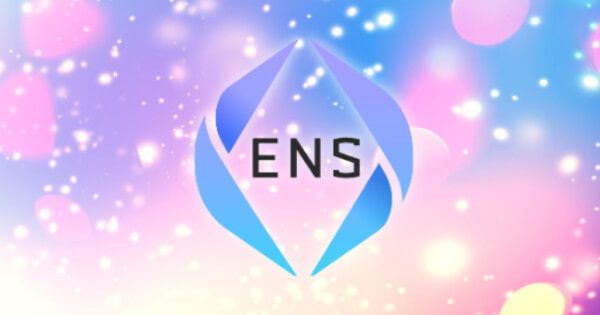The ENS Ecosystem Working Group has taken significant steps to support operationally critical open source projects by investing $50,000. USDC For the next 6 months. According to the ENS blog, these funds will be distributed to seven essential projects through the Drips platform.
Strategic funding through drip
Drips, a platform known for facilitating sustainable and transparent funding, allows organizations like ENS to provide the financial support they need for their software dependencies. The seven projects benefiting from this initiative are: wagmi, ethers.js, graphql-request, Open Zeppelin Contract, noble hash, ax basicsand DNS packet. This move highlights ENS’ commitment to strengthening the open source projects that form the backbone of its infrastructure.
The cascading impact of drip funding
The impact of these funds extends beyond the initial beneficiaries. Drips’ mechanism ensures that funds also reach secondary dependencies, creating broader positive effects. For example, 40% of funds allocated to Wagmi are automatically shared with its dependents. Likewise, ethers.js allocates a portion of its funds to six of its own dependencies, and openzeppelin-contracts supports nine other projects. This cascading effect means that the initial $50,000 USDC will have a positive impact on at least 40 projects that are 2 degrees off ENS.
Support from key figures
Eleftherios Diakomichalis, founder of Drips, praised ENS for setting a new standard in public infrastructure financing. “ENS is leading the way in establishing a new cultural standard for sustainably funding the critical public infrastructure on-chain organizations depend on,” he said. This is what the future of public goods financing will look like.”
Slobo.eth, ENS ecosystem manager, also emphasized the importance of Drips, saying, “Drips is a great way to support open source developers doing important work for the ENS ecosystem.”
Fostering a sustainable open source ecosystem
This initiative shows the true potential of Drips. Ensures that funds reach the essential components that not only support core dependencies but also enable them to function effectively. This approach creates a healthier and more sustainable open source ecosystem, benefiting all parties involved.
Image source: Shutterstock
. . .
tag

